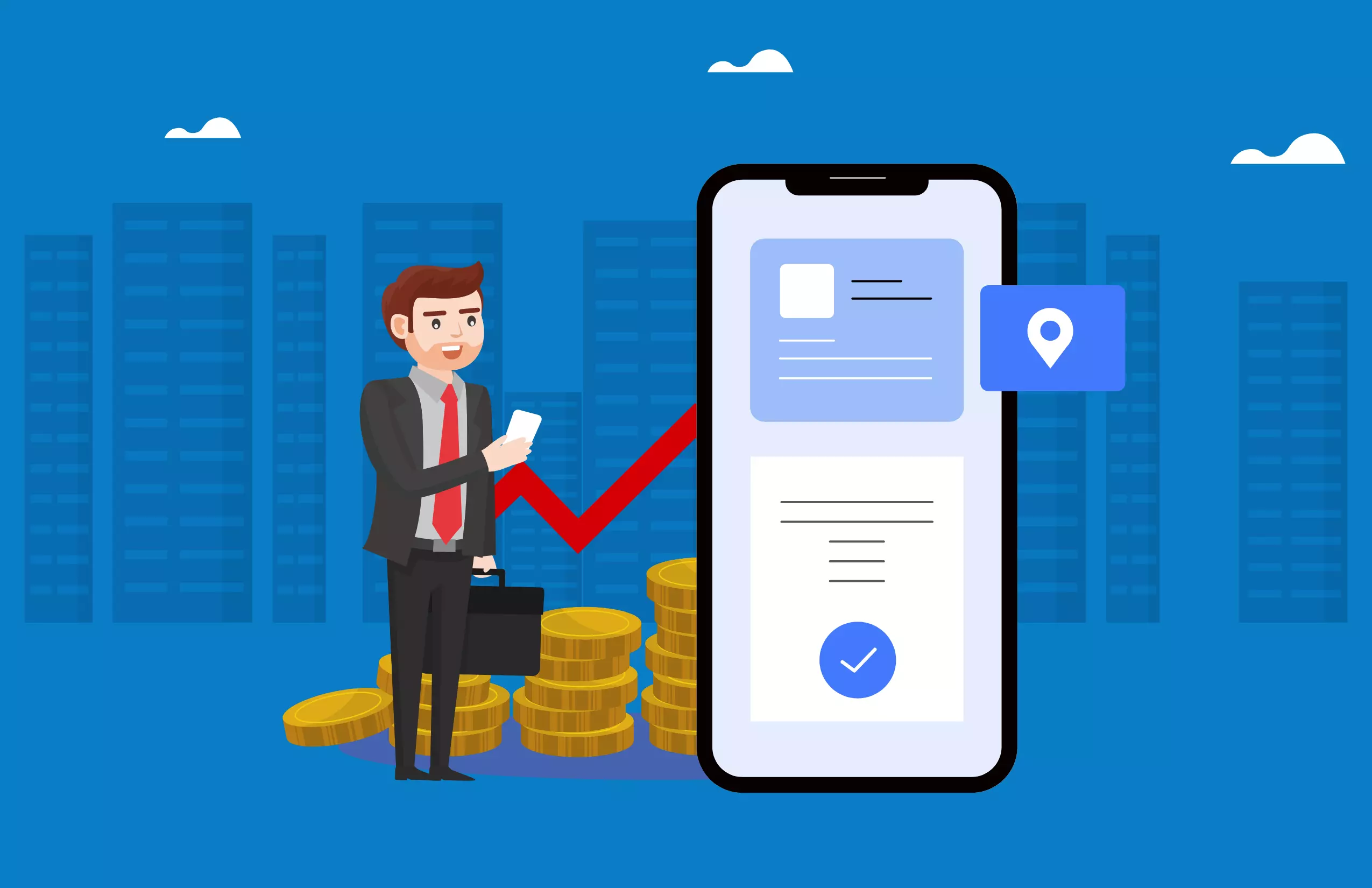Most people know that missing payments on a loan or credit card is bad for their credit, but once an account is sent to collections, the impact becomes much more serious. Collections show up as a bold red flag on your credit report, signaling to lenders that you’ve defaulted on a financial obligation. This can make future borrowing harder and more expensive. For some, dealing with collections is part of a larger struggle to manage multiple debts. That’s why tools like debt consolidation in Illinois can be useful, because they help people simplify their payments and reduce the risk of accounts slipping into collections in the first place.
The Immediate Impact on Your Credit Score
When an account is reported to collections, your credit score often takes a sharp hit. Credit scores are designed to measure risk, and a collection tells lenders that you’ve failed to pay a debt over an extended period. The exact number of points lost depends on your overall credit profile, but for many people, it can mean a drop of 50 to 100 points or more. This damage happens quickly and can push you into a lower credit tier, making it harder to qualify for loans, credit cards, or even favorable interest rates.

Why Lenders Pay Attention to Collections
From a lender’s perspective, collections are a strong indicator of risk. If you’ve had trouble paying in the past, they may worry about your ability to repay in the future. This concern shows up in stricter lending terms—higher interest rates, smaller loan amounts, or even outright denial of credit applications. Collections can also affect areas beyond borrowing. Some landlords, utility companies, and even employers review credit reports, which means debt in collections could impact housing or job opportunities.
The Lingering Presence of Collections
Debt in collections doesn’t disappear quickly. These accounts typically remain on your credit report for up to seven years from the date of the first missed payment. Even if you eventually pay off the debt, the record of it being sent to collections stays on file. This long lifespan makes collections one of the most damaging types of negative marks on a credit report. However, their impact does lessen over time, especially if you take steps to improve other areas of your credit.
Paying Off Collections: Does It Help?
While paying off a collection won’t immediately erase it from your credit report, it still provides important benefits. First, it updates the account status to “paid,” which looks better to lenders than an unpaid collection. Second, it prevents further collection activity such as phone calls, lawsuits, or wage garnishment. Some newer credit scoring models also give less weight to paid collections, which means paying off the debt could result in a modest score improvement. More importantly, it stops the financial bleeding and gives you a clean slate to rebuild your credit going forward.
Time as a Healing Factor
One of the few advantages when dealing with collections is that their impact fades over time. Credit scoring systems place the most weight on recent activity, so as the collection ages, it carries less influence. If you continue making on time payments with other accounts, your score can slowly climb back up even while the collection remains on your report. Patience, paired with positive financial behavior, becomes your strongest tool in overcoming the long term effects of collections.
Preventing Future Collections
The best way to deal with collections is to prevent them from happening again. Setting up payment reminders, automating bills, and creating a realistic budget all help you stay on top of obligations. If you’re juggling multiple accounts, consolidating debt into one manageable payment can reduce the chances of slipping behind. Open communication with creditors also matters—many are willing to work out payment arrangements if you reach out before accounts fall into default.
Rebuilding After Collections
Recovering from collections is possible, but it requires consistent effort. Paying bills on time is the single most important step, since payment history makes up a large portion of your credit score. Keeping credit card balances low, avoiding new debt unless necessary, and gradually adding positive credit accounts can also help. Over time, these actions build a track record of reliability that outweighs past mistakes. Collections may remain on your report, but their power to define your financial future will diminish as your positive history grows.
Final Thoughts
Debt in collections is more than just an unpaid bill—it’s a serious mark that damages your credit, limits your options, and adds long term stress. Still, it’s not a life sentence. Paying off collections, practicing good financial habits, and allowing time to work in your favor can all reduce the impact. While the effects are significant, they don’t have to hold you back forever. With persistence and smart strategies, you can move past collections and rebuild a healthier financial future.